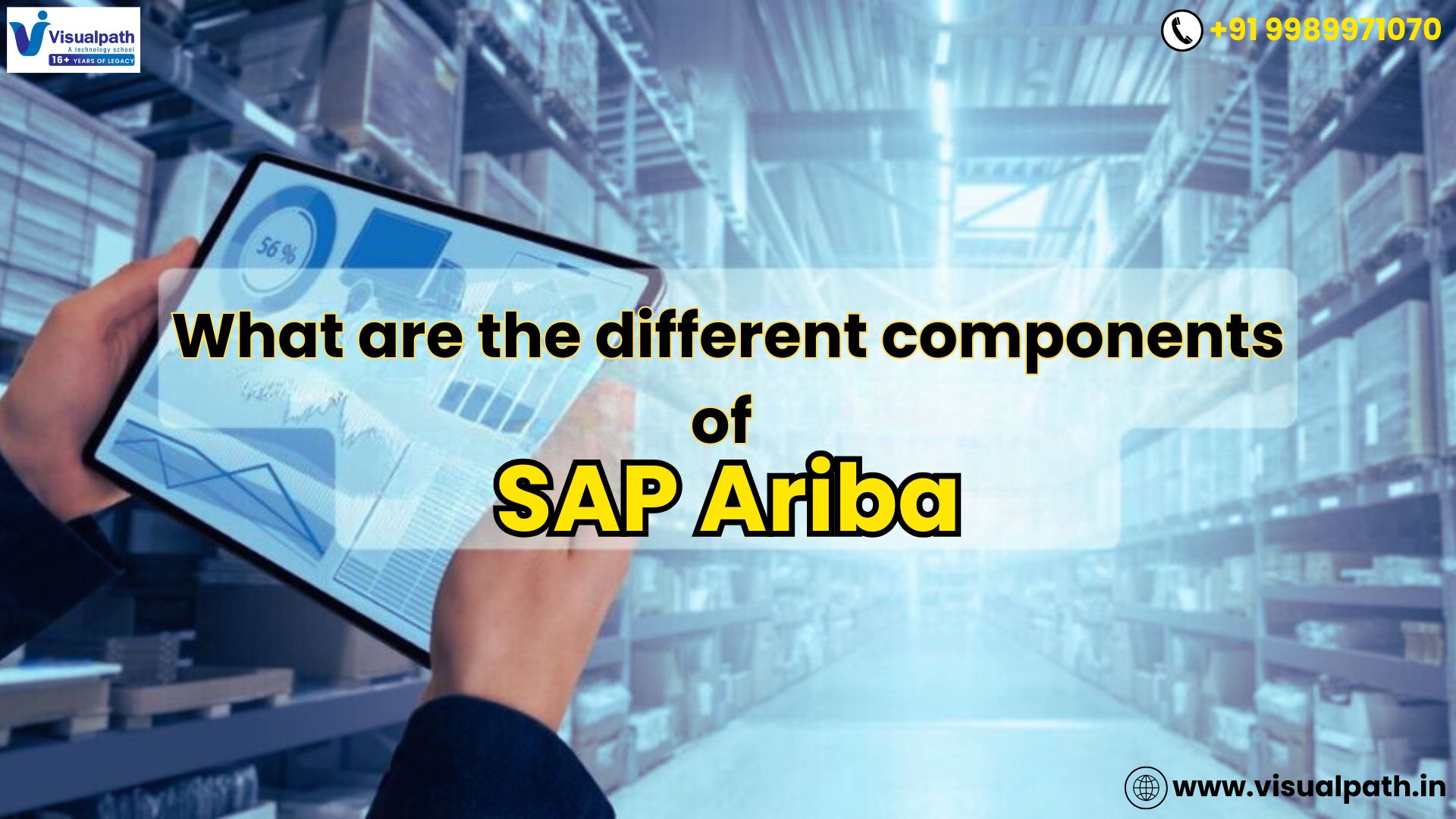SAP Ariba is a cloud-based procurement and supply chain management solution that helps businesses streamline purchasing, supplier collaboration, and contract management. Automating procurement processes and integrating with enterprise resource planning (ERP) systems, enhances efficiency, reduces costs, and improves compliance. This article explores the key benefits of Cloud Solutions and outlines the best practices for successful implementation.
Benefits of SAP Ariba Cloud Solutions
1. Enhanced Procurement Efficiency
automates procurement workflows, reducing manual interventions and improving process efficiency. Organizations can manage purchase requests, approvals, and invoicing in a centralized platform, minimizing errors and processing times. Automated procurement also speeds up supplier selection and contract negotiation. Sap Ariba Training Institute
2. Improved Supplier Collaboration
The Ariba Network, the world’s largest B2B marketplace, connects buyers with suppliers, fostering seamless collaboration. Suppliers receive real-time updates on orders, invoices, and payments, reducing communication gaps and transaction disputes. Enhanced transparency builds strong supplier relationships and ensures smooth procurement operations.
3. Cost Savings & Spend Visibility
With real-time analytics and spend tracking, SAP Ariba provides complete visibility into procurement expenditures. Organizations can identify cost-saving opportunities, optimize supplier negotiations, and prevent unnecessary spending. The centralized dashboard offers insights that help businesses implement strategic sourcing practices.
4. Risk Mitigation & Compliance Management
SAP Ariba includes built-in compliance and risk management tools that help businesses adhere to regulatory requirements and internal procurement policies. The platform enables organizations to track supplier performance, verify compliance with industry standards, and reduce exposure to procurement risks. Automated contract management further ensures adherence to agreements. SAP Ariba Course
5. Scalability & Cloud Flexibility
As a cloud-based solution, eliminates the need for expensive on-premise infrastructure and offers seamless scalability. Organizations can easily expand their procurement operations to accommodate business growth. integrates with existing ERP and financial systems, ensuring a smooth digital transition.
6. Faster Sourcing & Contract Management
With SAP Ariba, businesses can conduct e-sourcing events such as auctions and bidding processes to identify the best suppliers. The contract management module streamlines contract creation, approval, and execution, reducing delays and legal risks. The system ensures contract compliance and renewals with automated tracking.
7. Improved Supplier Performance Management
SAP Ariba allows organizations to evaluate supplier performance based on key metrics like delivery timelines, quality standards, and pricing accuracy. Businesses can maintain a preferred supplier list, ensuring long-term partnerships with high-performing vendors.
Best Practices for Implementing Cloud Solutions
1. Define Business Objectives
Before implementation, organizations must define their procurement goals, such as reducing costs, enhancing supplier collaboration, or improving compliance. A clear understanding of objectives ensures a well-structured implementation strategy. SAP Ariba Online Training
2. Stakeholder Engagement & Training
Successful adoption of requires involvement from key stakeholders, including procurement teams, finance departments, and IT staff. Conducting training sessions helps users become familiar with the platform’s functionalities and maximize its benefits.
3. Data Migration & System Integration
Organizations should ensure smooth integration with their ERP and financial systems. Accurate data migration is essential to maintaining consistency in procurement processes. Businesses must clean and standardize data before migrating.
4. Pilot Testing & Gradual Deployment
Before full-scale implementation, conducting a pilot project helps identify potential challenges and resolve them proactively. Businesses can test workflows, gather feedback, and refine system configurations to ensure a seamless rollout. SAP Ariba Training
5. Continuous Monitoring & Optimization
Post-implementation, companies should continuously monitor procurement activities and supplier interactions to identify areas for improvement. Regular updates and process optimizations enhance efficiency and maintain compliance with evolving business needs.
Conclusion
SAP Ariba Cloud Solutions provides a comprehensive and scalable procurement platform that enhances efficiency, reduces costs, and ensures compliance. By following best implementation practices, businesses can leverage SAP Ariba to optimize their procurement strategies, improve supplier relationships, and drive long-term growth. As organizations continue to embrace digital transformation, SAP Ariba remains a crucial tool for modernizing procurement operations and achieving strategic business objectives.
Trending Courses: ServiceNow, Docker and Kubernetes, Site Reliability Engineering




